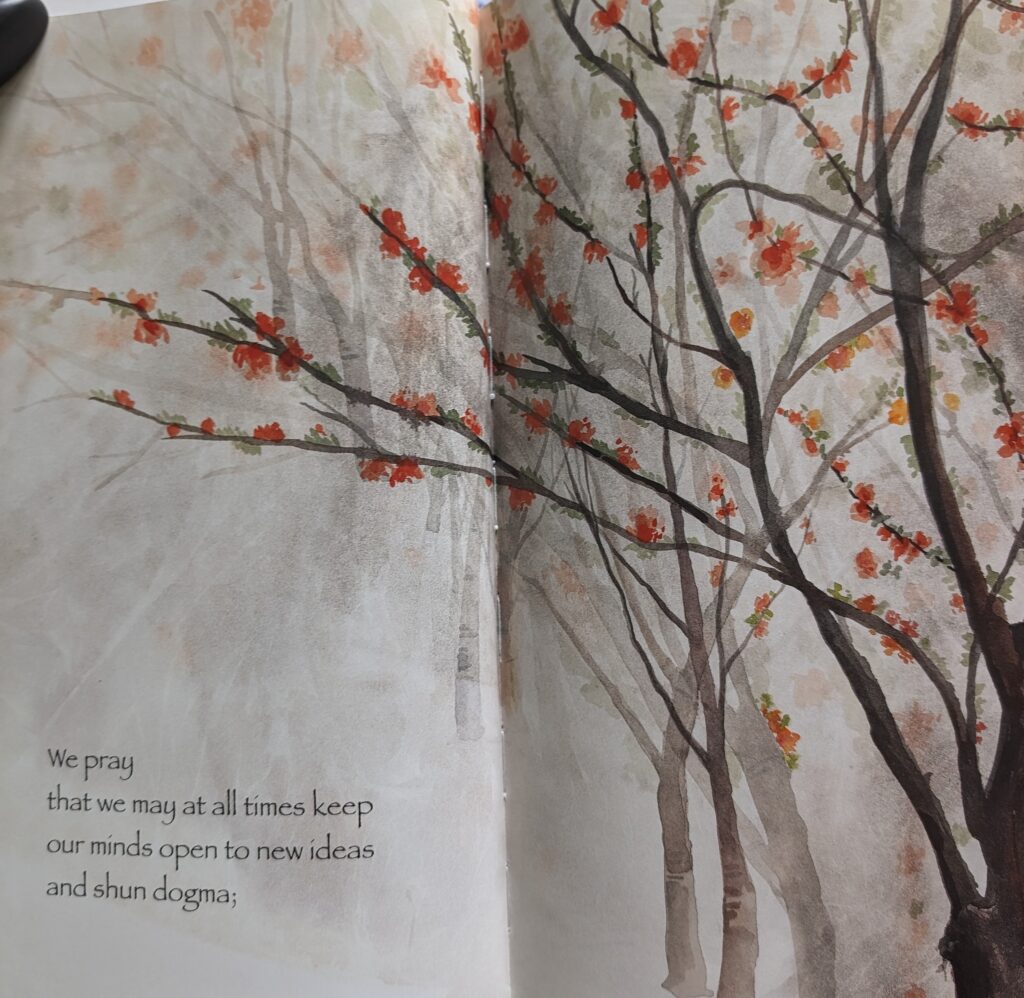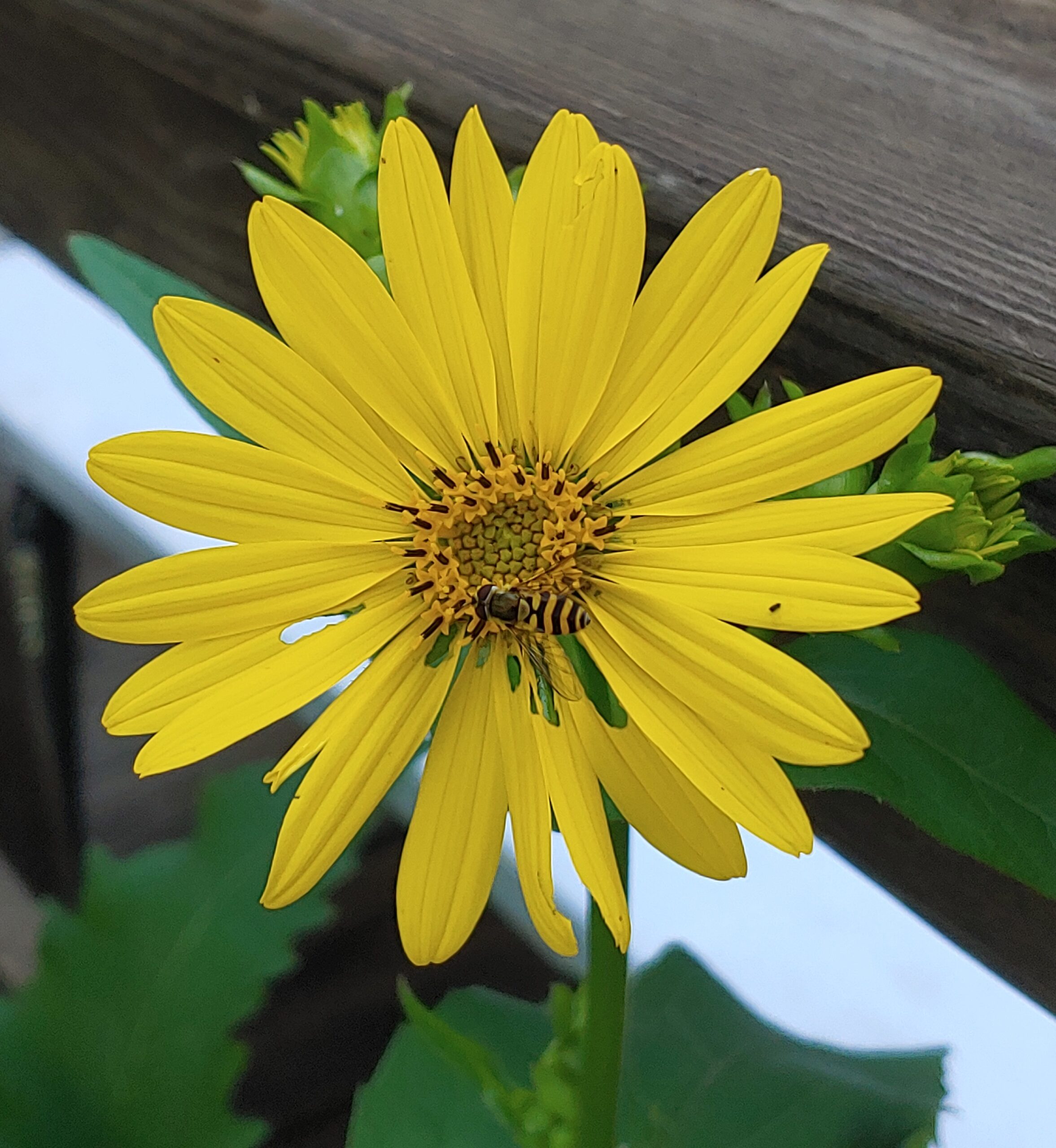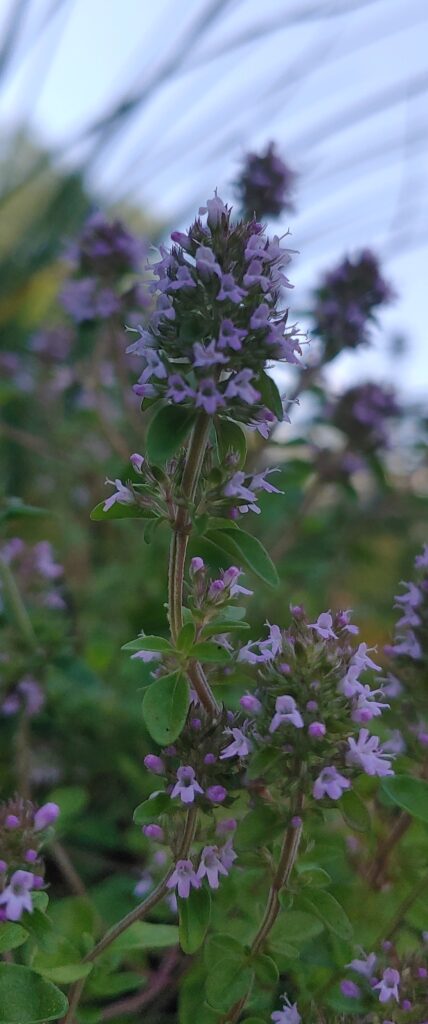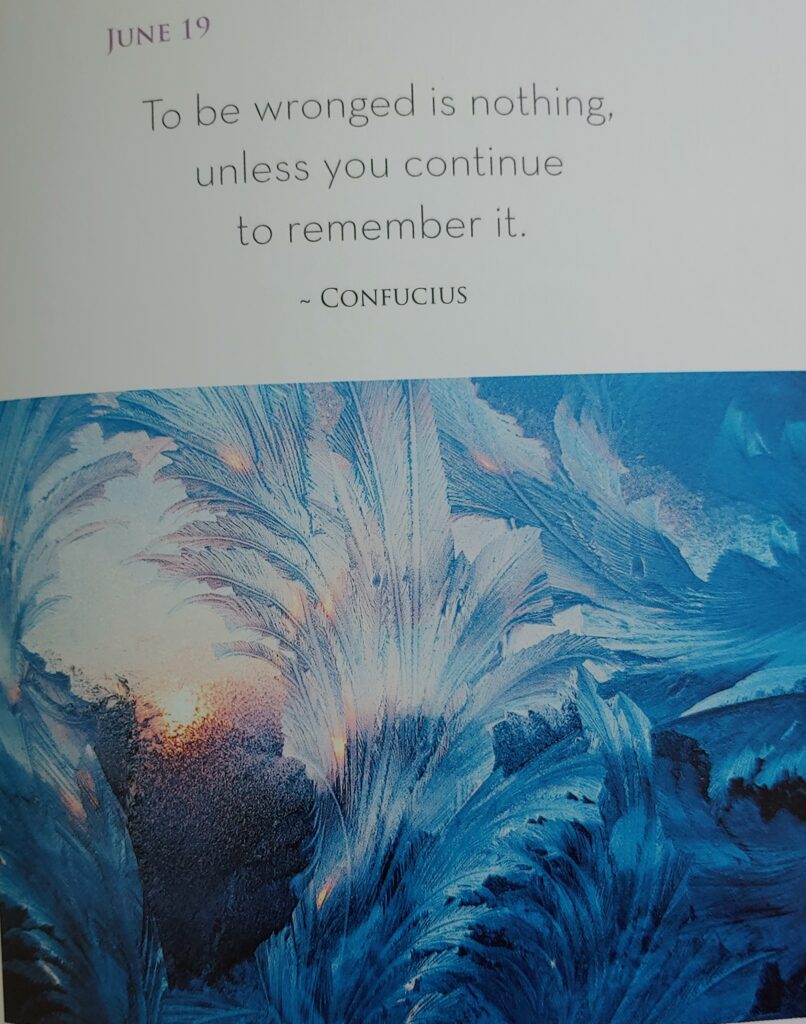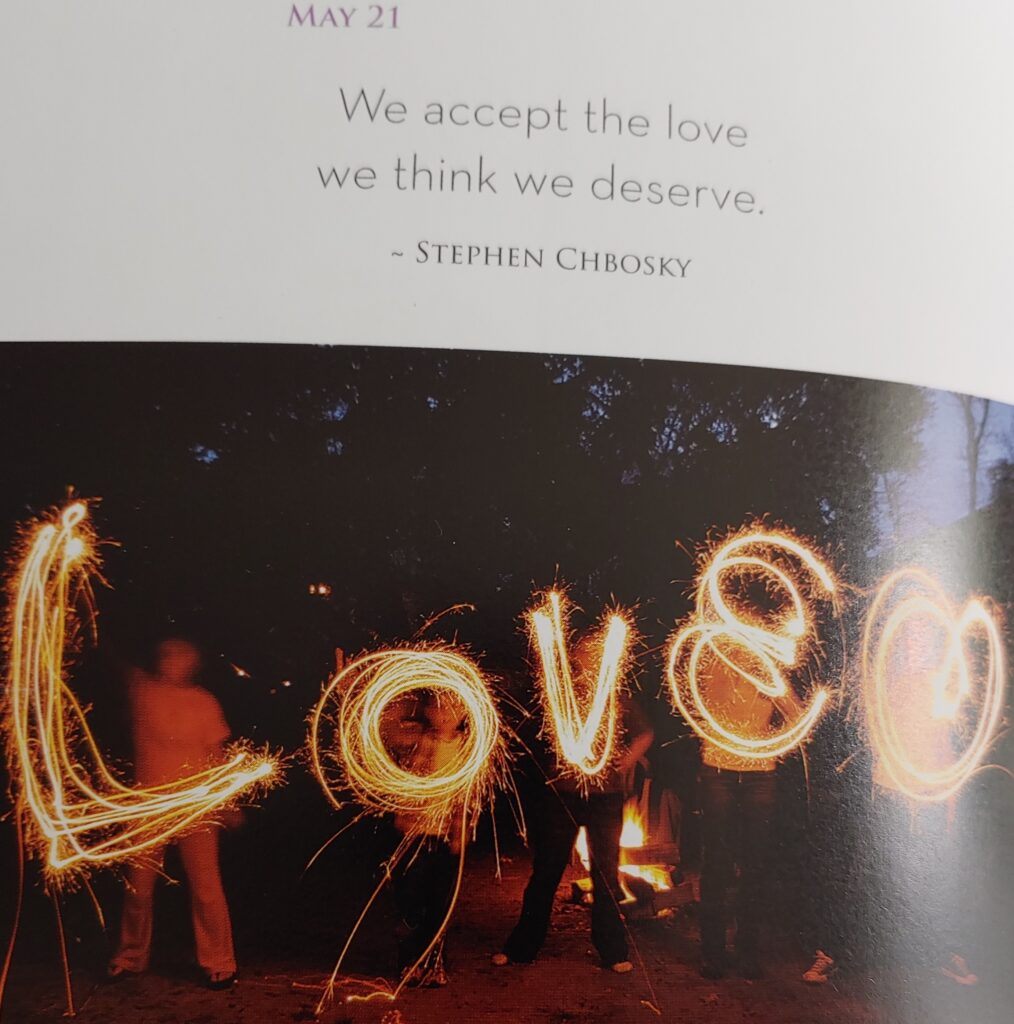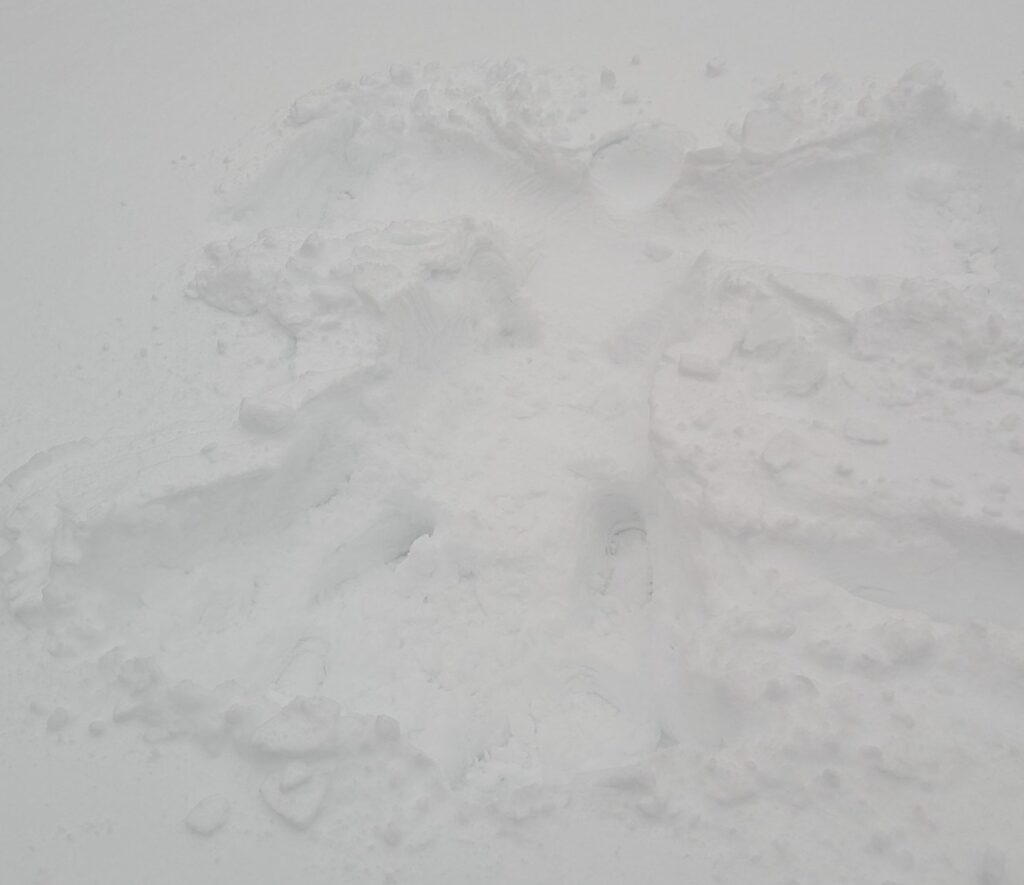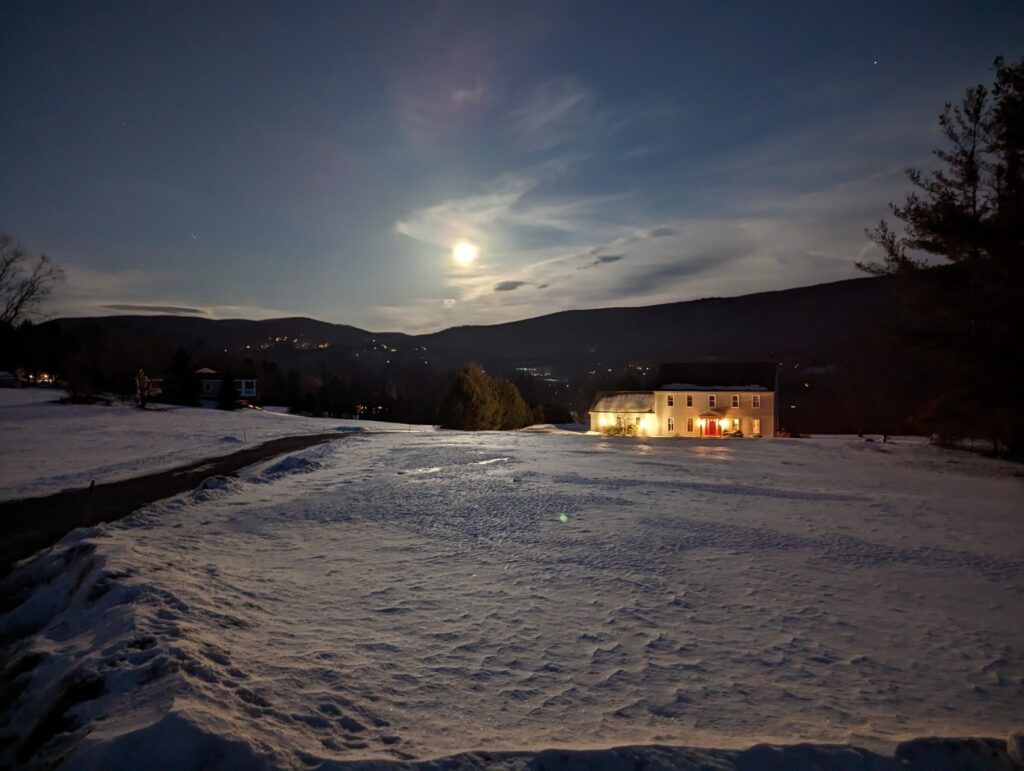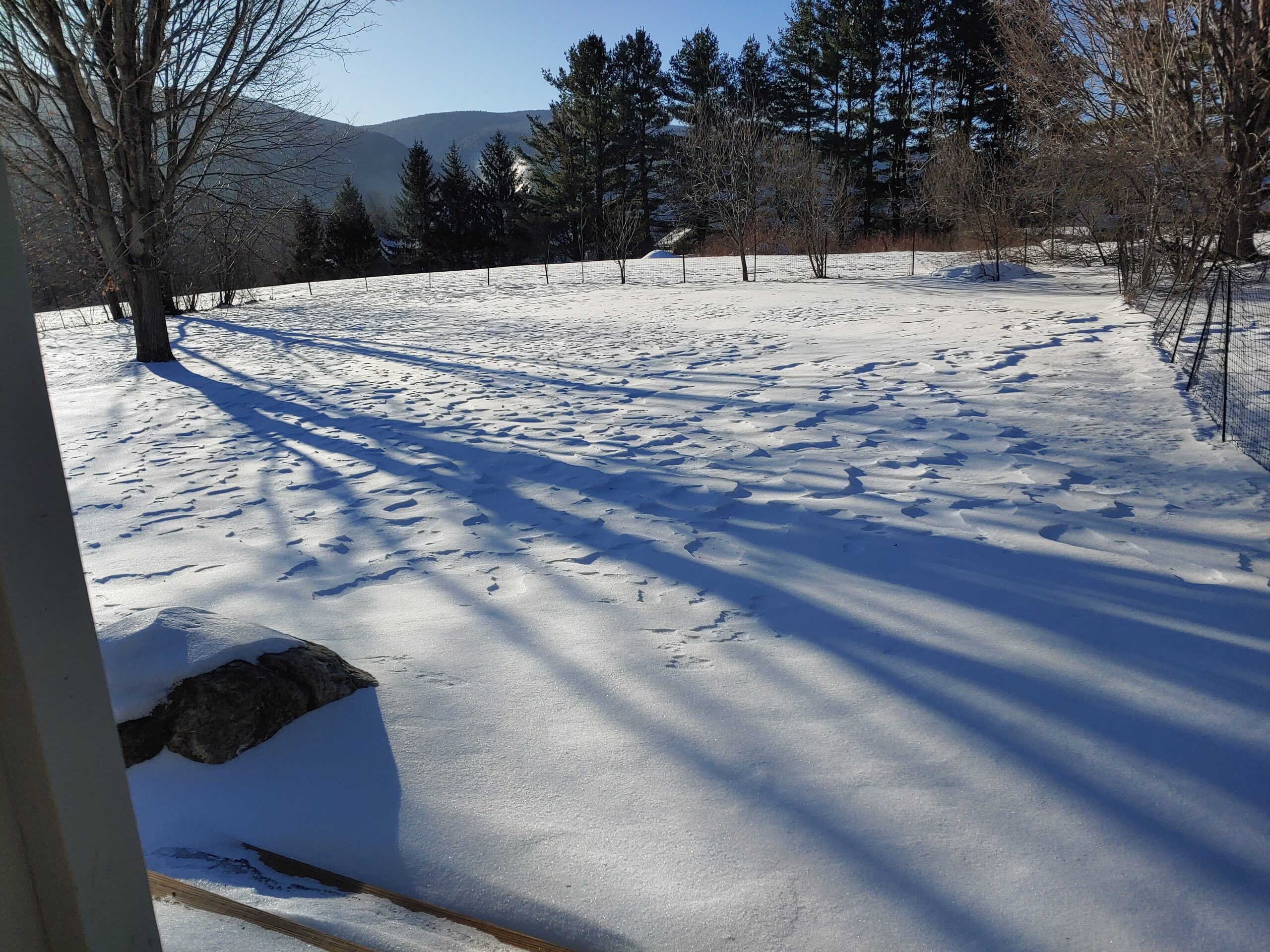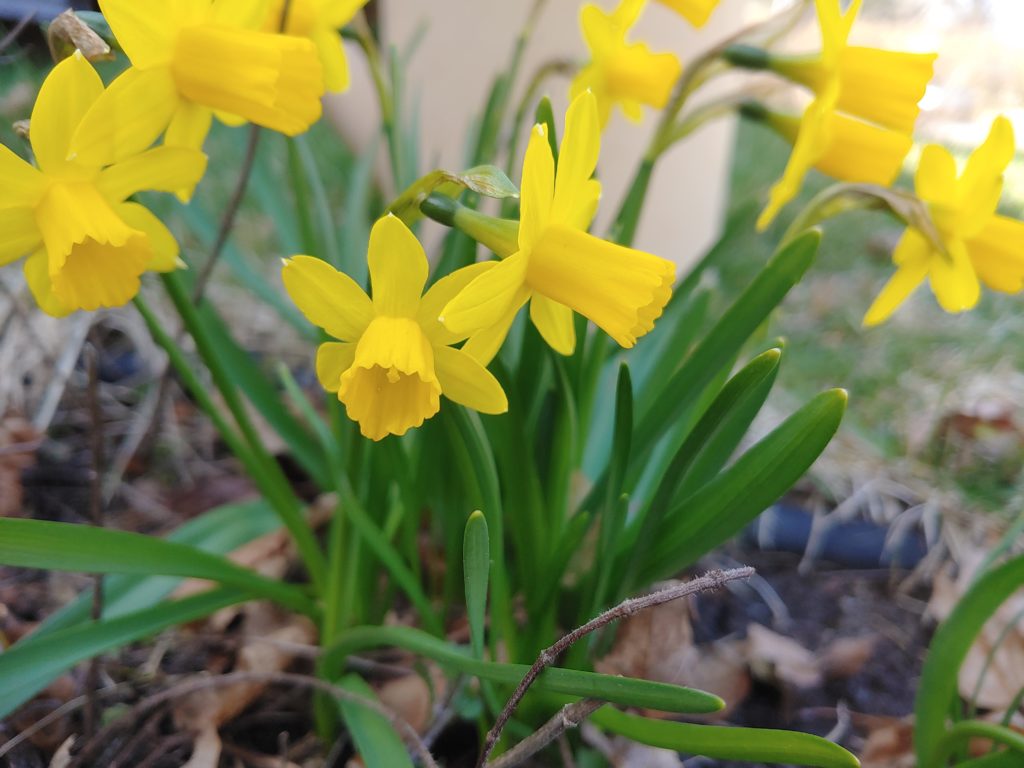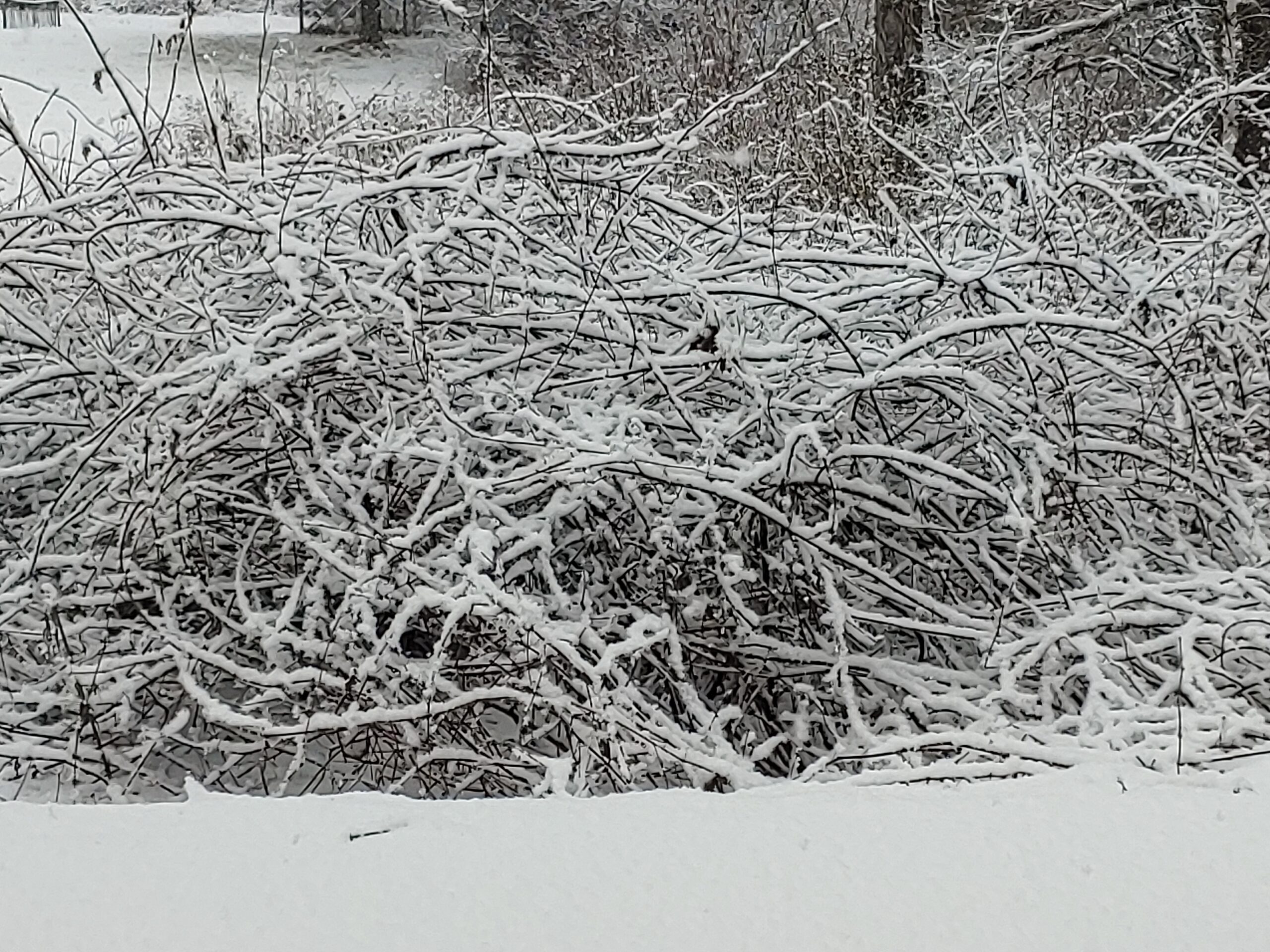
Jumping worms have invaded Vermont. They aren’t the helpful kind of worms that improve soil. Instead, they drive out native species and damage forests. They are causing enough damage that the state of Vermont has put out warning flyers. Because I’m installing a couple of raised beds, they may become my problem soon enough.
I’ll do my best to prevent an infestation – checking plants and soil for worms and eggs and keeping a watch on everything after planting. But if I find these jumping worms, I’ll have to make a choice: kill them or let them decimate the local environment. Loss of life will occur, by my direct action or my inaction. I hope I never get to the point that it becomes an easy choice.
[This is part of an ongoing series. Click ThreeP’s above for more in this series.]

